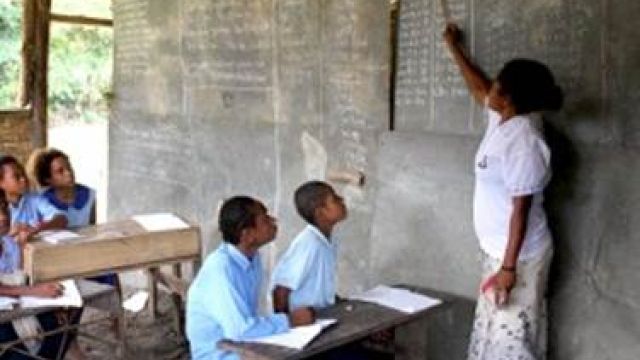Is education a silver bullet for solving corruption in developing countries?

Much of the academic and policy literature suggests that educated citizens are likely to report corruption, and this belief shapes global anti-corruption policies. But is this really the case? And under what conditions might citizens be more likely to fight corruption?
In this seminar, Grant Walton draws on a recent collaboration with the University of Birmingham’s Caryn Peiffer, to suggest that education matters for reporting rates, but so too does institutional trust. Drawing on data from Papua New Guinea, they find that if citizens don’t believe that the government will effectively respond to corruption, even highly educated citizens are unlikely to report. In turn, it will be argued that educating citizens without effective anti-corruption institutions can result in public cynicism, and ultimately undermine future anti-corruption efforts.
Dr Grant Walton is a Research Fellow for the Development Policy Centre at the Crawford School of Public Policy and Deputy Director (International Development) for TRIC.
The Transnational Research Institute on Corruption (TRIC) was established in 2010 as a cross disciplinary centre to bring together ANU expertise in the study of corruption. It is focused on policy relevant research related to international development, foreign bribery and corruption in the private and public sectors. TRIC has also developed a teaching capacity in corruption and corruption prevention, and has provided assistance to international, federal and state authorities.